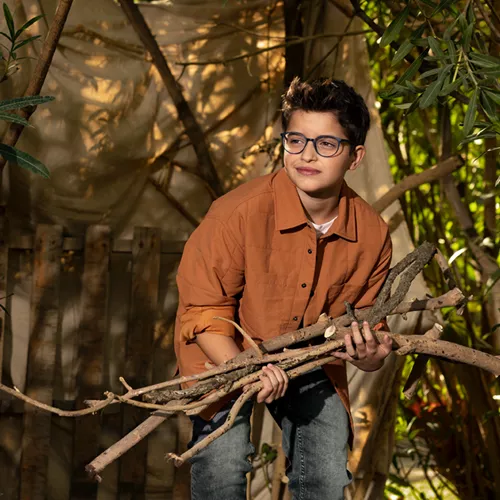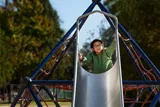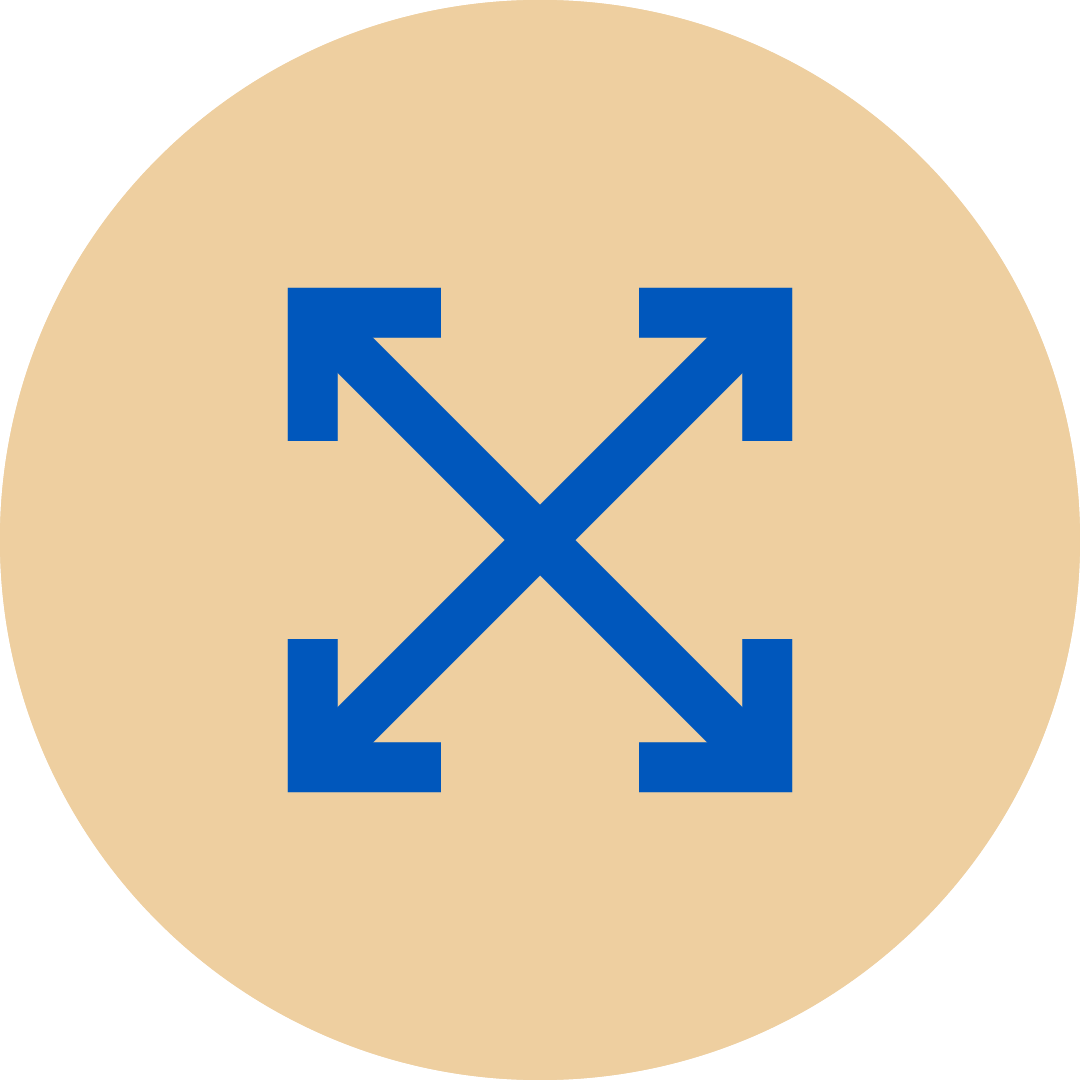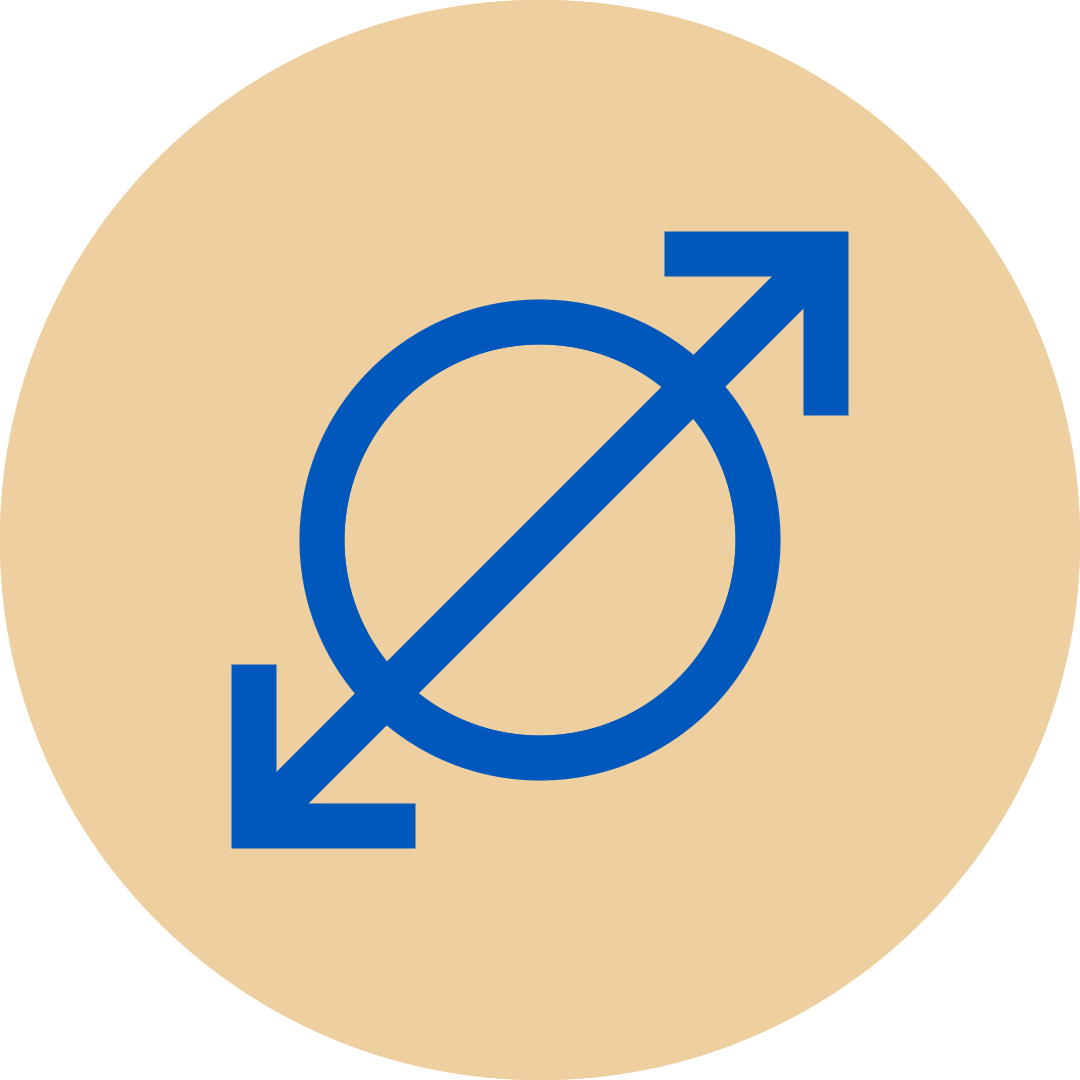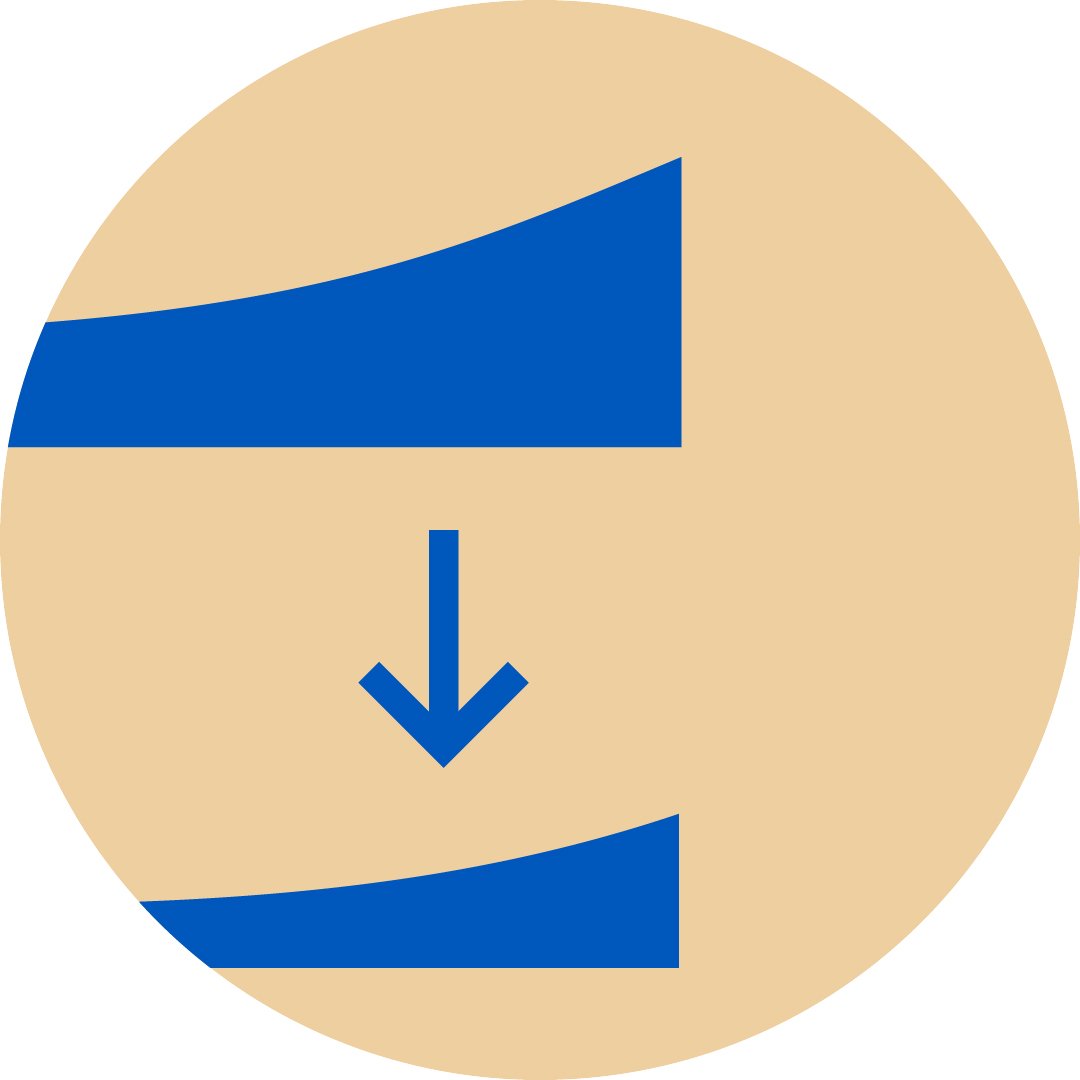Reaching new heights
We are excited to introduce a broader power range of MiYOSMART clear spectacle lenses, accommodating prescriptions up to −13.00D. With this extended power range, MiYOSMART spectacle lenses can better serve myopic patients with high prescriptions, meeting the diverse needs of the myopic population more effectively.

